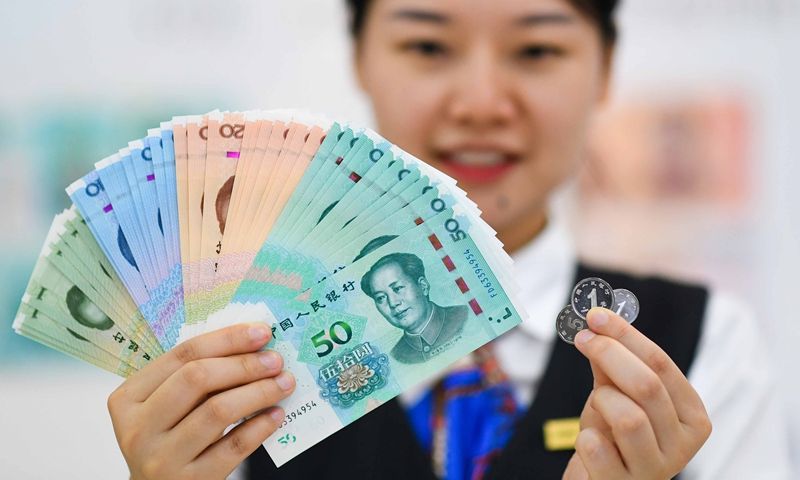India has asked banks and traders to avoid using Chinese yuan to pay for Russian imports, three government officials involved in policy making and two banking sources said, because of long-running political differences with its neighbour.
India, which has emerged as a top buyer of Russian oil as well as discounted coal, would prefer the use of United Arab Emirates dirhams to settle trade, three government officials said.
One of the government officials directly involved in the matter said New Delhi is “not comfortable” with foreign trade settled in yuan but said settlement in “dirham is okay.”
The second official said that India cannot allow settlement in yuan till the relations between the two countries improve.
Thousands of Indian and Chinese troops are locked in a standoff along their disputed Himalayan border since 2021, casting a shadow over the whole relationship.
The five officials did not say whether there were also economic reasons behind India’s reluctance to accept yuan settlement.
Last year India’s biggest cement producer UltraTech Cement (ULTC.NS) used Chinese yuan for a cargo of Russian coal, which raised some concerns among officials as relationship between India and China has deteriorated after deadly border clashes in 2020 in the remote Galwan Valley of Ladakh.
The government reviewed the situation with officials of the central bank and bank executives, following the UltraTech deal, the second official said.
Two banking officials, aware of the matter, said the Reserve Bank of India (RBI) is not keen on foreign trade settlement in yuan, and confirmed that the government has discouraged them from using the currency.
They also said Russia was keen on yuan settlement as it helps them in purchases of goods from China.
For Indian refiners that in recent weeks started settling some Russian oil purchases in roubles, as Reuters reported, payments have been processed in part by the State Bank of India via its nostro roubles account in Russia.
But the bulk of the trade is still in other currencies as the rouble is partially convertible and the two countries are yet to finalise a framework.
The government expected majority of payments to Russia in dirhams in the coming months.
India has longstanding political and security ties with Russia and has refrained from condemning the Ukraine war, which Moscow calls a “special military operation”.
India is also a major buyer of Russian arms.
Indian refiners, in the meanwhile, have begun paying for most of their Russian oil bought via Dubai-based traders in dirhams instead of U.S. dollars, Reuters reported last month.
India’s rupee is partially convertible, which means it has to be converted to U.S. dollars first before converting to any other currency, making it an unattractive reserve currency for global central banks and for settling trade.
It also makes Russia reluctant to accept payment in the Indian currency for its exports.







